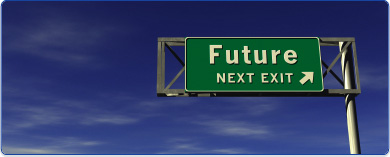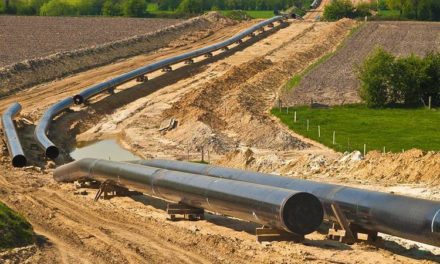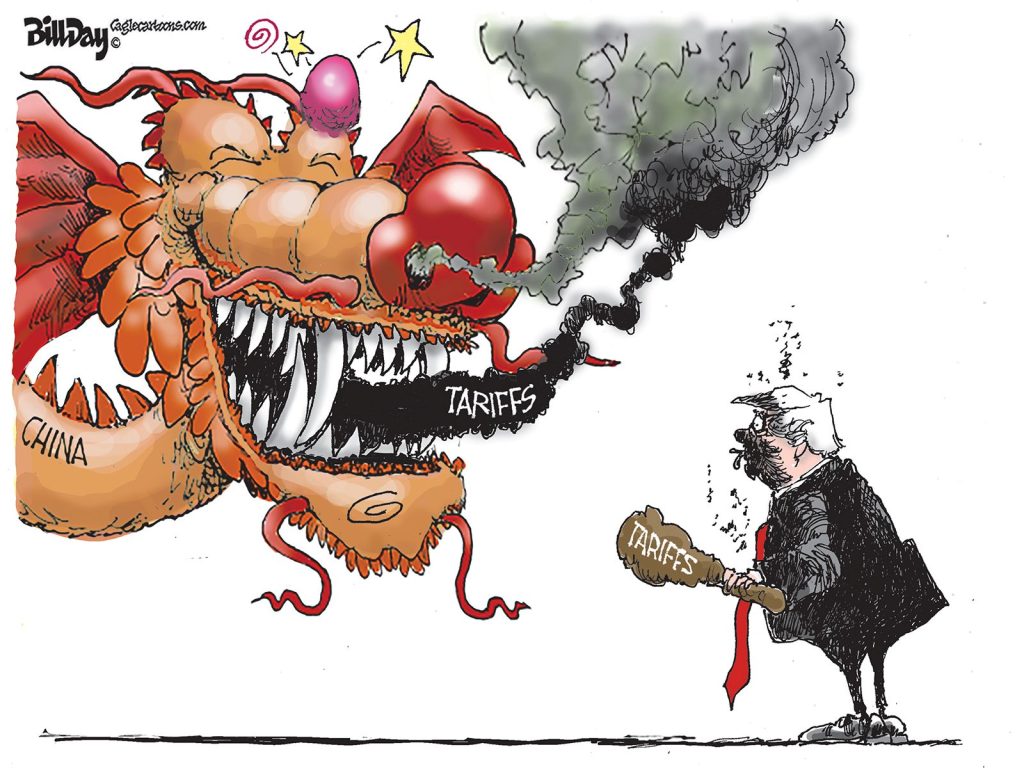Susan Adler Thorp, commentator on WREG-TV’s Informed Sources, put it beautifully when the discussion turned to the City of Memphis’ leverage in the proposal for it to buy AutoZone Park.
She said the New York hedge fund that is forcing the sale of both the team and the ballpark doesn’t give “a rat’s ass” about Memphis, adding facetiously that it might sell AutoZone Park for the country’s biggest strip club.
She’s right, which makes it all the more curious that so many people think that Memphis should buy the ballpark but not spend any city tax money on it. The truth is that City of Memphis can’t strike out in the plan for it to buy the most expensive – and award-winning – minor league ballpark ever built.
Lost in criticisms about the proposal is the simple fact that Memphis really only has two options: buy the ballpark in concert with the team being purchased by St. Louis Cardinals and keep the Redbirds here for decades or refuse to buy the ballpark and see who buys the team and the ballpark.
No Free Lunch
In other words, the hedge fund that bought defaulted bonds for the ballpark and team is not only in the driver’s seat, it owns the car…and it’s demanding that it be sold.
Worst case would be that the Triple-A franchise is sold to a buyer who moves it out of Memphis, and AutoZone Park goes dark. Or worse, the hedge fund can also sell the stadium to someone outside of Memphis and the future of a vital part of the city’s civic infrastructure will be controlled from somewhere else.
Memphis Mayor A C Wharton Jr. has strongly suggested that the final proposal for the City of Memphis to purchase AutoZone Park will not include the use of any money from the city’s general fund. It might be easy to be skeptical except for the fact that contrary to conventional wisdom, City of Memphis is managing to get some major projects under way without any property or sales taxes (Pyramid and Fairgrounds) or by infusing major federal funds into projects to reduce the need or amount of general fund money (Overton Square).
It’s All About Perspective
Memphis has always been a city of contradictions – the city of churches alongside “anything goes” Beale Street and Caucasian and African-American traditions alongside each other – but the current contradiction is seen this way: complaints that Memphis is falling behind its peer cities and complaints accompanied by the notion that Memphis should not spend any money on the kinds of investments that successful cities are making.
AutoZone Park is a case study. There is a prevailing thought that Memphis should obtain ownership but without spending any tax money. While this appears to be the likely outcome, it is nonetheless a baffling point of view in that it presupposes that a great city can be created without ever making the kinds of investments that are needed for a quality public realm, for a vibrant riverfront, and for quality public facilities like an arena, football stadium, and a ballpark.
Around the country, cities from Waco to Minneapolis are proposing to spend $175 million on their riverfronts. Here, we act like $42 million is a king’s ransom.
Across the U.S., there are cities like Indianapolis which is spending $350 million in three years for street improvements; sidewalks, greenways, and bike lanes; bridges; parks, and future projects. Here, we have a road paving schedule that means every road will get paved every 60 years.
Nationally, cities are making major investments in public facilities. Nashville announced a $350 million capital investment program for schools, road paving, sidewalks, bikeways, greenways, library improvements, Limitless Libraries, and parks. Here, computers in city libraries were not upgraded for 10 years old.
Cheap Is Not a Winning Strategy
In these cities, when faced with public needs, they often ask: How can we be the best? In Memphis, the first question is often: How can we do this as cheaply as possible?
It’s no surprise that many of the cities that are serious about investing in their quality of life and public services are also those that are attracting new jobs and business investment (without doling out tax freezes) and attracting and keeping talented workers.
Here’s our modest proposal: Memphis should embark on a historic investment program that positions it strongly for the 200th anniversary of its founding in just five years.
Memphis can continue what it’s doing now, but it’s likely to limp into its third century. A smarter course of action would be to develop and embark on a major growth program built on a solid foundation of strategic investments.
Definition of Insanity
There’s really not much reason to do otherwise. After all, business as usual has resulted in higher taxes, a lethargic economy, the hemorrhaging of young college-educated people, a deteriorating infrastructure that runs the gamut from roads to libraries to parks, and public services known for their disinvestment.
The absence of growth – especially when compounded by too many tax freezes – means that local government has no option but to increase tax rates and fees to pay for public services. Every dollar in new revenue that comes from growth strategies is a dollar that does not have to come from increases in taxes.
Without growth, Memphians are being whipsawed by too little money for services despite higher taxes and budget cuts that exacerbate the problem of being unable to compete with other cities who are investing in quality of life and the public realm. Worst of all, all of it results in a growing feeling by the public that they are not getting enough value for the taxes that they are paying.
We need a major investment plan for Memphis if it’s to keep pace with other cities. More than anything, it needs to attract population and increase home values.
Growth Matters
Here’s the thing: the difference in home prices between Memphis and Nashville means that although Memphis has 28,000 more homes than Nashville, Nashville still produces about $141 million more in property taxes than Memphis. Or put another way, if Memphis had that much more in property tax revenues, its tax rate would be about $1.81. Conversely, if Nashville had to cope with Memphis’s median house price of $99,000, its tax rate would be roughly $7.50 or just under the current cumulative city-county rate of $7.78.
It’s not lost on us that Nashville has for decades been making the kinds of investments that positioned it for growth and economic prosperity. Although we like to suggest here that Memphis is so uniquely challenged, so distinctively limited that we can’t do what other cities are doing, we really have no alternative. Most cities are grappling with pension problems, stagnant revenues, and too much poverty, but that doesn’t mean that they sacrifice their ambitions to arguments for austerity and cheapness.
Great cities invest in their futures. For that matter, so do good cities. Memphis needs to be one of them.





Hope Memphis will make that investment tomorrow in the redevelopment of Sears Crosstown. We need more vibrant neighborhoods.
The idea that the city needs to take ownership of a minor-league baseball stadium to ensure that the minor-league team stays here is absurd. Tell me where they would move???
Any reasonable person know that it is in the interest of the current NY hedge fund owner to keep the minor-league team playing in the stadium they own. They are not going to tear it down and build a “strip-club” or anything else. Show us that the team has an offer to move. How hard can it be to get another minor league team to move here.
Yes, Memphis needs to invest in its future. Then build a new convention center.
This is small town low self-esteem in action: bail out the current owners or they might move a minor league team elsewhere…or wait and let these NY investors come back with a far lower price. Either way its all so small town it hurts.
Memphis should have built the ball park to begin with so yeah, the city should buy it. They would be getting it at a pretty good price compared to what the original cost was. From what I have read, the bonds would be issued through the Center City Revenue Finance Corp. so they would not be city general obligation bonds.
Ida B:
It’s a foreclosure so the notion that Memphis has the power to control its future is wrong. The team will be sold to any city that wants to pay $15 million to buy it. There should be no lack of buyers. Birmingham, for one, might buy it since they are building a new ballpark and only have Double-A team. If the team is sold, the hedge fund can either start selling the scoreboard or anything else they want to sell from the ballpark to recoup its money or they can sell the ballpark as a whole. They are not in the baseball operations business so they have given the city to December 31 before they foreclose. The only smart alternative is for Memphis to buy a ballpark that cost much, much more for the bargain price of $20 million and keep a Cardinals farm team here rather than allowing the franchise to be bought and moved.
No one is bailing out the local owners. The foundation is a nonprofit and any money put into it by local business leaders is not being repaid.
As for the convention center, this issue is more than build a new convention center and they will come. We weren’t competing with Nashville before it built its new convention center. We need to find out what our niche is, we need to consider what makes sense in conjunction with our more vibrant tourism economy and then consider what we need to build (not withstanding that there aren’t any clear sources of funding to pay for such an expensive facility).
JCov40: You are right. If the city buys the ballpark, there will be revenue bonds issued so it would not increase the city’s debt and it would be self-supporting debt.
Businessman2013: You are right. There are nine adjacent neighborhoods that will benefit from the institutional anchor that Sears Crosstown provides. It should be a transformative project.
But who’s going to cover the debt if revenue falls short of bond payments?
If City buys the ballpark, who owns or will own the parking garage and attached buildings (Toyota Center / Moore)? A PILOT is said to be part of debt retirement for City, so a tax-paying entity must own the parking garage/buildings?
Are the debt costs of the team, ballpark, and parking garage/buildings all included in the $57M currently owed to Fundamental Advisors?
The various accounts of this deal don’t explain what’s going on. The City Council seems to be in dark, at least on 12/3/13 when they deferred action.
For the revenues to fall short, the bottom will have to drop out of the baseball business here. The Cardinals say that they are going to apply here the same marketing and operations expertise that they use in St. Louis and they are confident that sales taxes will grow at a faster rate than the financial scenarios suggest. (They are one of the most profitable and highly valued sports teams in any sport.) They have pledged to pay $100,000 in any year that the sales taxes come up short because they are confident they won’t. If the bottom does drop out of baseball here and the revenue sources come up short, the city will pay with non-general fund money – just like FedExForum is set up. In fact, the ballpark agreement is almost a mirror image of FedExForum except that the team is paying rent at AutoZone Park.
The buildings were bought by a real estate company some years ago. When the ballpark was built, the PILOT payments from those buildings were appropriated to the ballpark. The current deal asks for that arrangement to remain in place.
The defaulted bonds were for the team and ballpark only.
It’s a shame that media coverage no longer attempts to provide all the information on these complicated agreements.
Back to our main point, even if the revenue sources were not in place, the city should buy the ballpark.